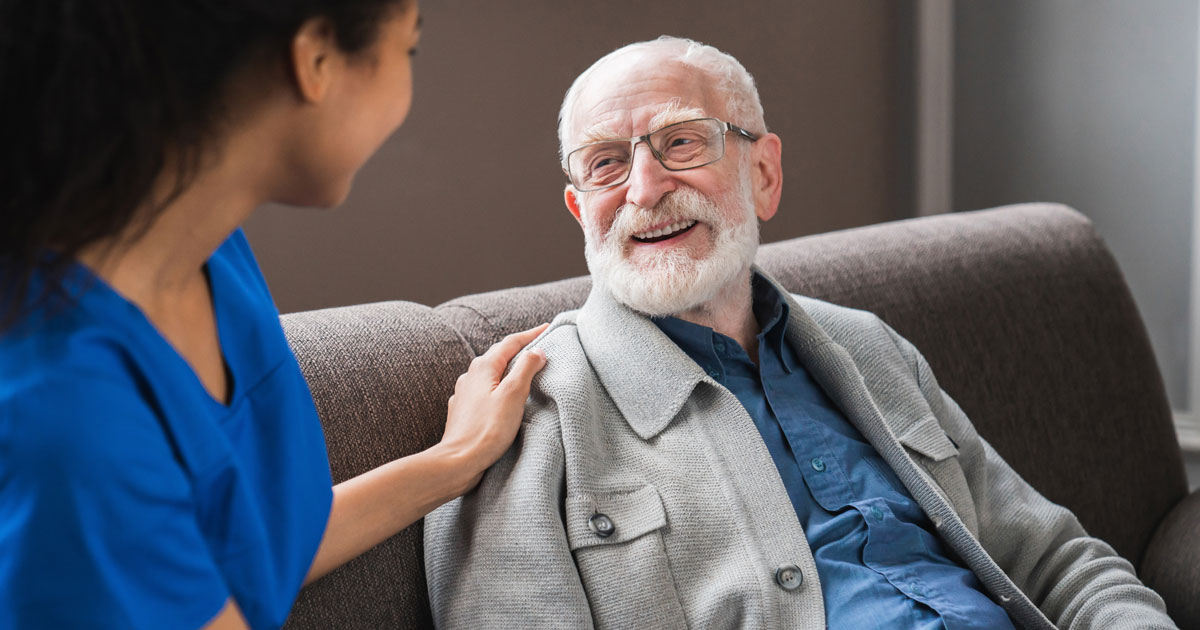Welcome to this deep dive into neurology and aging. You may wonder about the changes in your brain as you age. Maybe you’ve heard about the Alexandria dizziness, a term coined for a unique pattern of age-related dizziness. You’ll learn about this and more. Our goal is to help you understand how the brain changes with age. We’ll discuss how these changes affect you. With knowledge, comes power – power to live your best life at any age.
The Aging Brain
Aging strums a new rhythm in our brain. Think of your brain as a symphony orchestra. Over time, the maestro – your brain – adjusts the tempo and modifies the melody. Yet, the symphony continues. Let’s break down these changes.
Memory
Forget where you left your keys? That’s normal. Aging can affect memory. But it’s not all doom and gloom. Long-term memory remains strong. Your brain has room for new learning, too.
Processing Speed
The speed of processing information may slow down. It’s like shifting from express trains to local ones. You still reach the destination, just a little slower. But don’t worry, slower can also mean more thorough.

Mobility
Ever heard of the phrase ‘body over mind’? Well, it goes both ways. Changes in the brain can affect how you move. This includes balance and coordination – hence, the ‘Alexandria dizziness’.
Table: Key Changes in an Aging Brain
| AREA | CHANGE |
|---|---|
| Memory | Possible short-term memory decline but long-term memory remains strong |
| Processing Speed | May slow down, but can lead to more thorough understanding |
| Mobility | Can affect balance and coordination |
Staying Sharp
There are ways to stay sharp. Keep your brain active. Try new things. Learn a language. Solve puzzles. Regular physical activity helps too. It boosts blood flow to your brain. Eat a healthy diet. A brain-healthy diet is one that cuts down on sugar and saturated fats. It’s rich in fruit, vegetables, and lean protein. Also, get plenty of sleep. Rest is vital for your brain to function well.
Next Steps
You may have questions. That’s good. Stay curious. Keep asking. Knowledge is power. Remember, aging is not a disease. It’s a journey. And every journey is unique. Just like you.









